Safe Human Foods to Add to Your Dog’s Diet: Vet-Backed Guide
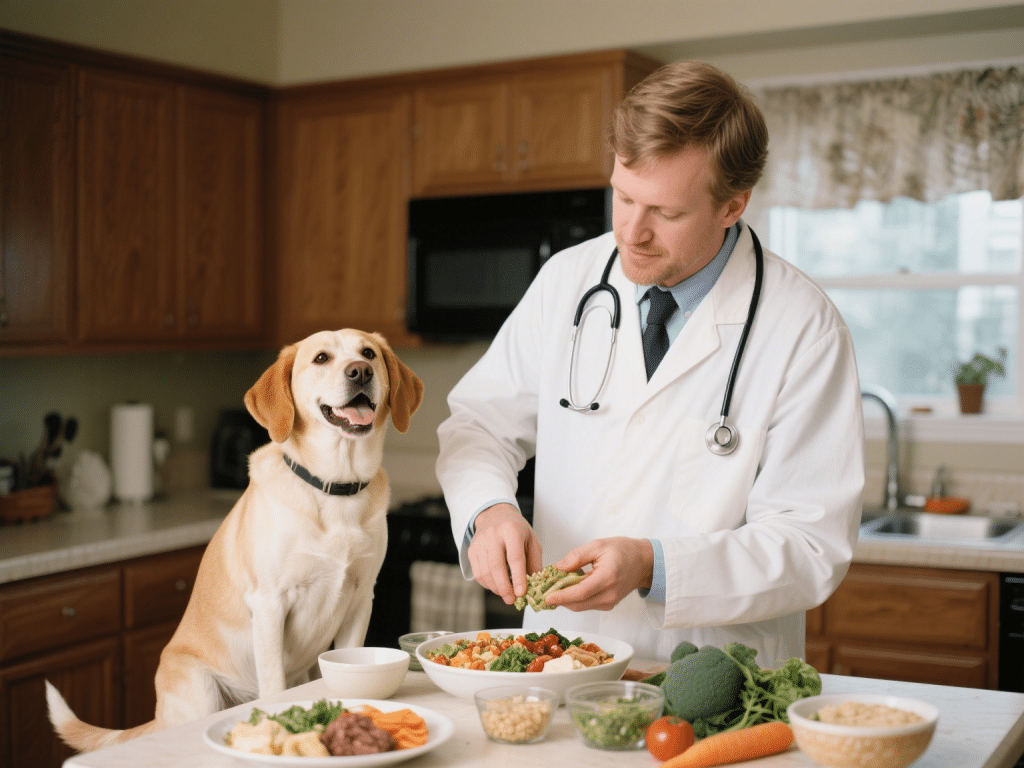
Feeding table scraps to dogs can be risky—but certain human foods, when served correctly, deliver vitamins, antioxidants, and fiber. As a veterinary nutritionist with 12 years in practice, I’ll guide you through ten safe foods to supplement your pup’s kibble, enhancing health without gastrointestinal upset.
Why Safe Foods Matter
Dogs evolved from wolves but have adapted to mixed diets. However, not all human foods are beneficial—some are toxic (e.g., grapes, onions). Choosing the right additions can support coat health, digestion, and immune function².
1. Cooked Pumpkin
Benefits: High fiber for digestive health; helps with both diarrhea and constipation.
Serving: 1–2 tablespoons per 10 lbs of body weight, mixed into meals.
2. Plain Greek Yogurt
Benefits: Probiotics support gut flora; calcium for bones.
Serving: 1 tablespoon per 20 lbs, ensure no xylitol or flavorings.
3. Steamed Carrots
Benefits: Beta-carotene for eye health; low calorie.
Serving: Dice or slice, no salt or seasoning.
4. Oatmeal
Benefits: Soluble fiber, ideal for senior dogs with bowel issues.
Serving: Cooked plain; 1 tablespoon per 10 lbs.
5. Blueberries
Benefits: Antioxidants boost immunity; bite-size treats.
Serving: Up to 5–10 berries per day for medium breed.
6. Cooked Chicken Breast
Benefits: Lean protein; helps dogs with pancreatitis follow bland diet.
Serving: Shredded, no skin or spices.
7. Green Beans
Benefits: Low-calorie crunch; vitamins K and C.
Serving: Steamed or raw, cut to prevent choking.
8. Eggs
Benefits: Rich in amino acids, B vitamins.
Serving: Fully cooked to avoid salmonella; 1 egg per week for medium dogs.
9. Apple Slices
Benefits: Fiber and vitamin A; remove seeds and core.
Serving: A few slices as treats.
10. Salmon
Benefits: Omega-3 fatty acids for coat and joint health.
Serving: Cooked, boneless, 1–2 oz per 20 lbs, 1–2 times per week.
Incorporating Safely
Introduce Slowly: Add one new food at a time over several days to monitor tolerance.
Balance Overall Diet: Human foods are supplements—maintain a high-quality base diet.
Avoid Toxic Foods: No chocolate, onions, grapes, raisins, or artificial sweeteners.
Conclusion
Integrating vet-approved human foods into your dog’s diet enhances nutrition and mealtime enjoyment. By following these guidelines—portion control, proper cooking, and slow introduction—you’ll support optimal health and a wagging tail. Always consult your veterinarian before major diet changes, especially for dogs with chronic conditions.
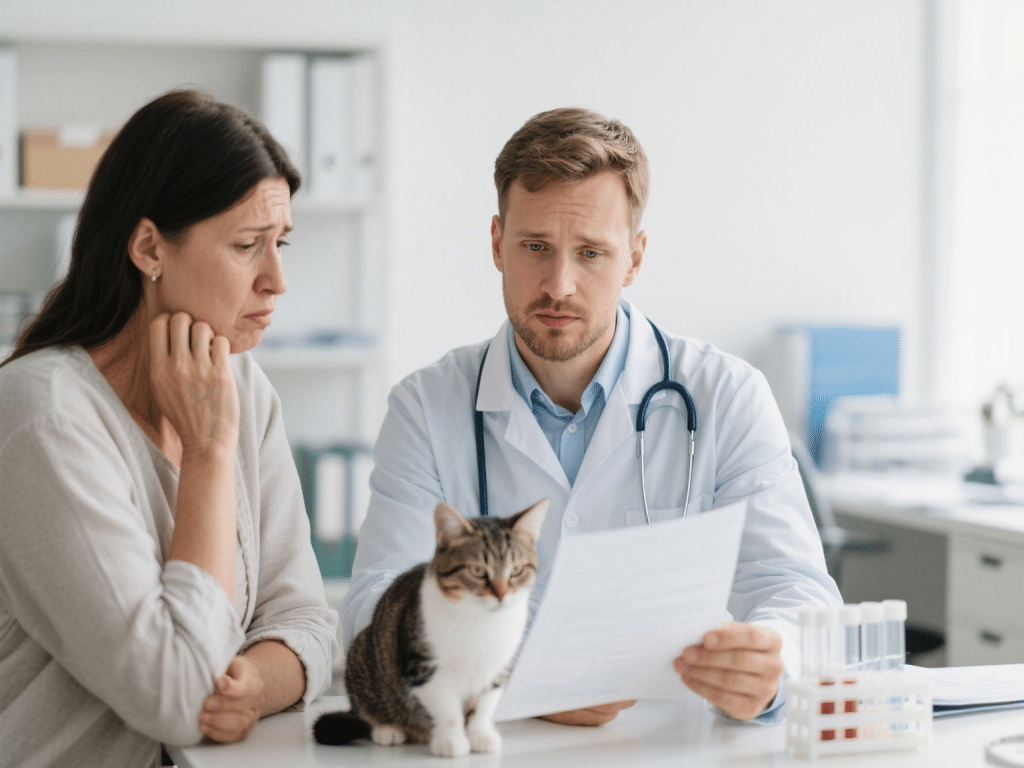
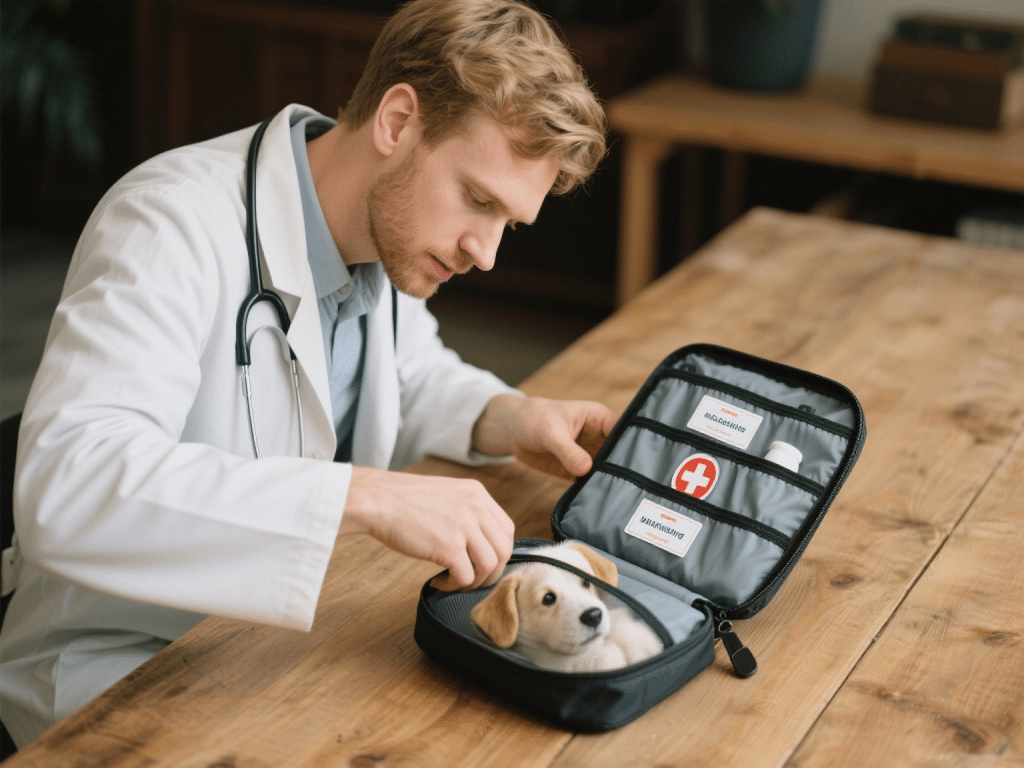
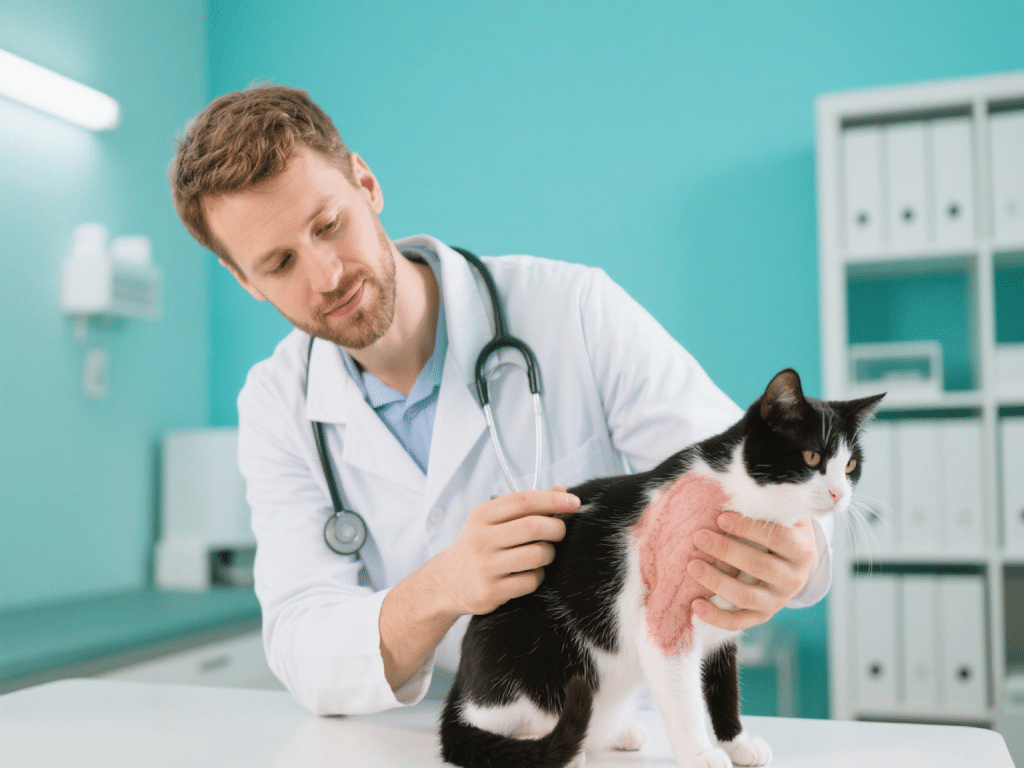
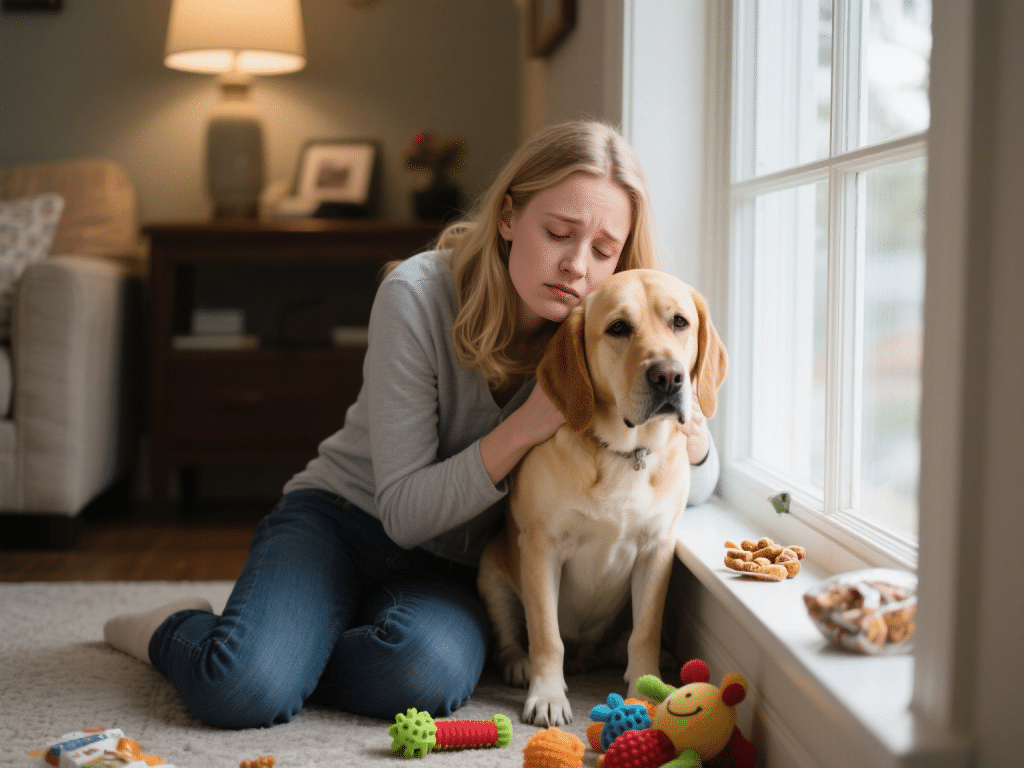

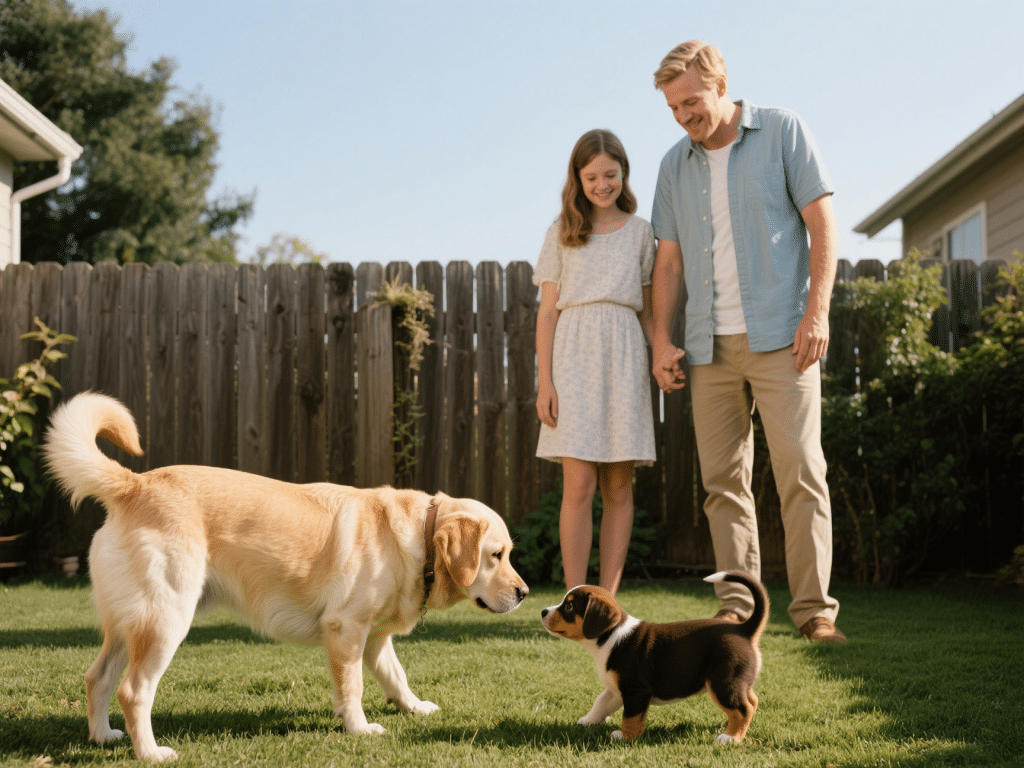
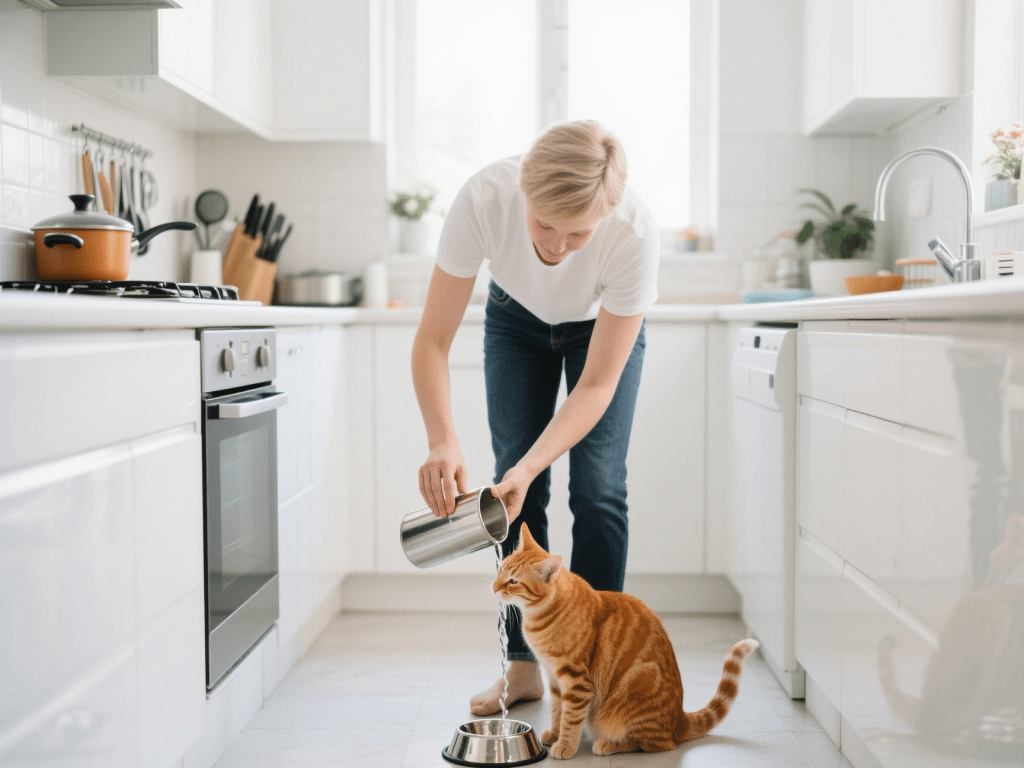
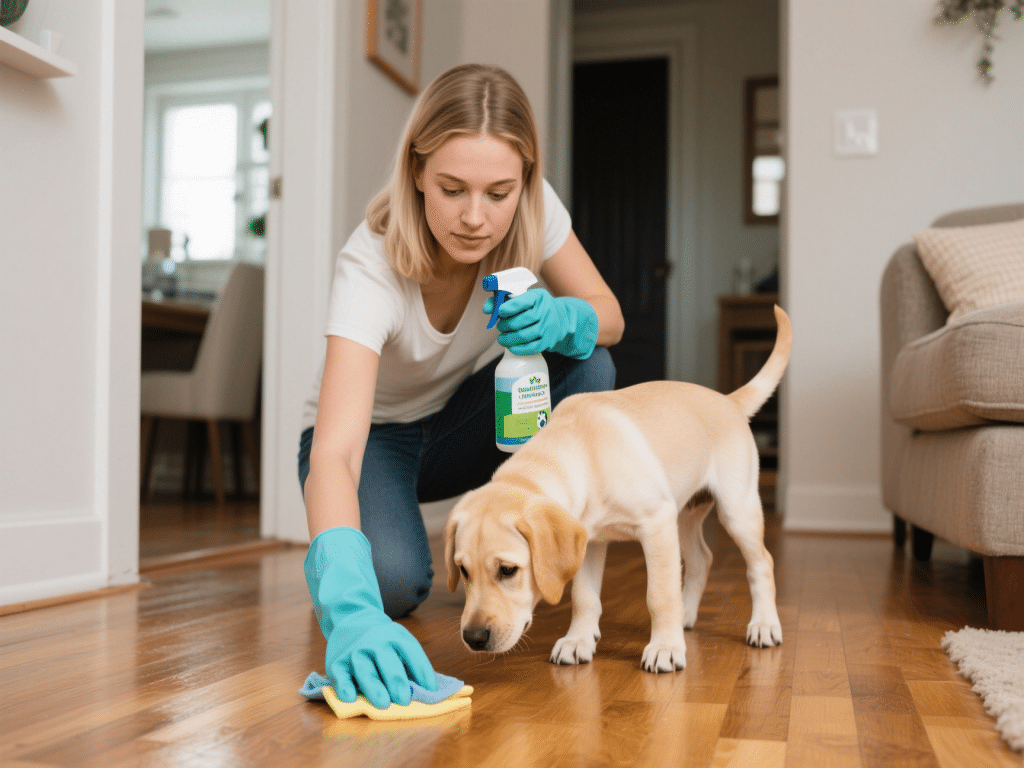
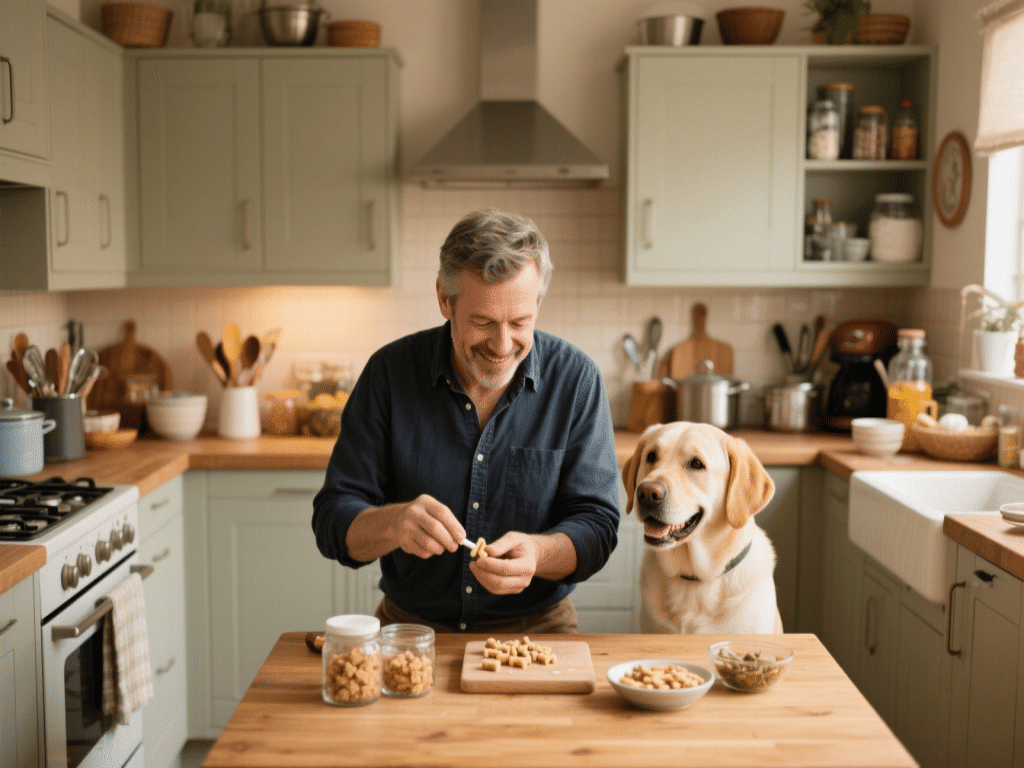
Comments on "Safe Human Foods to Add to Your Dog’s Diet: Vet-Backed Guide" :